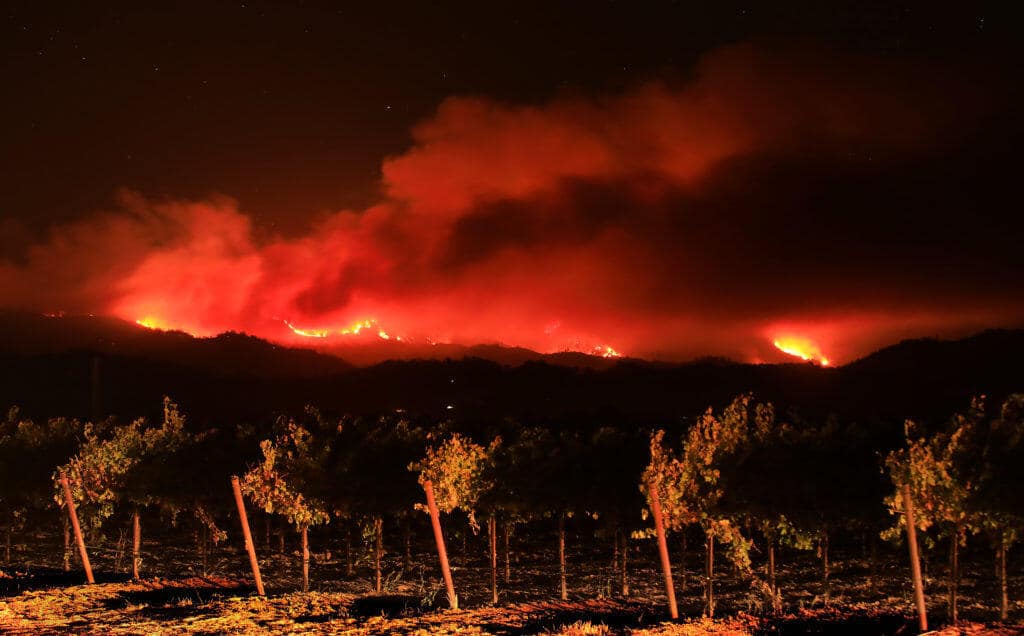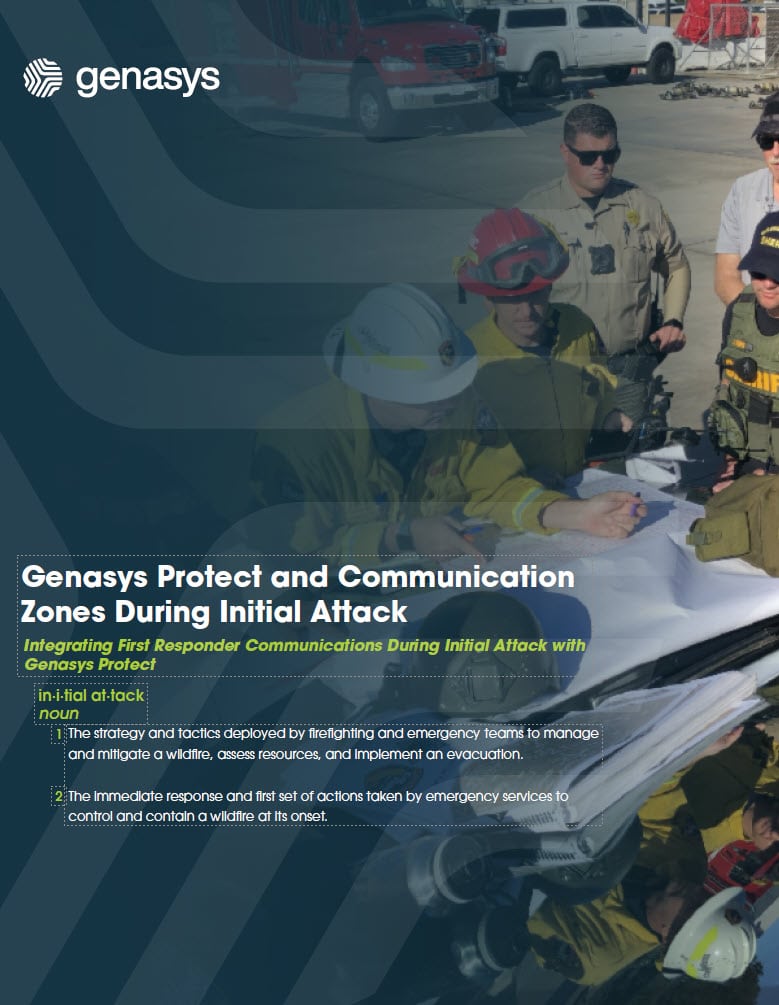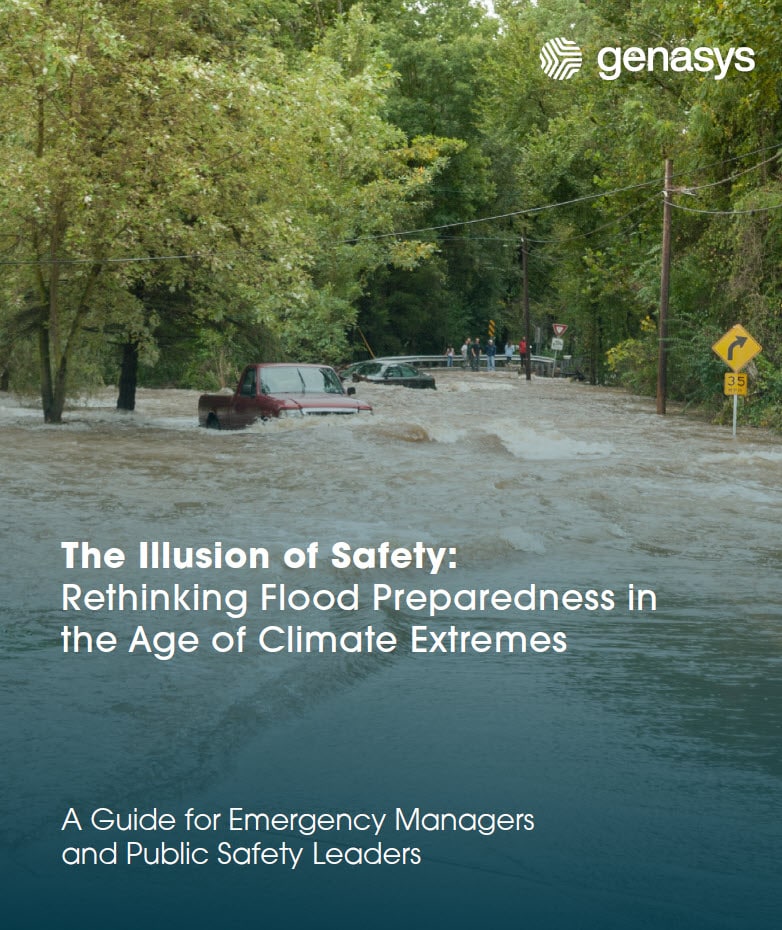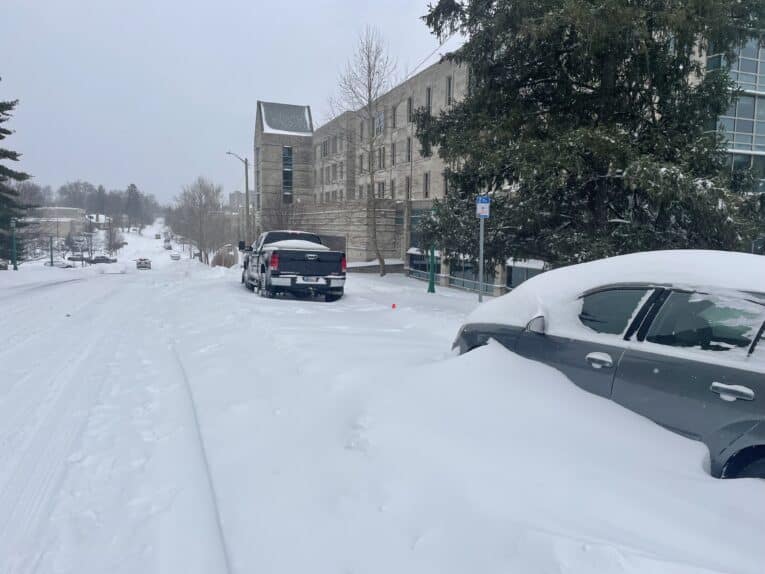SACRAMENTO — Governor Newsom issued an emergency proclamation for the counties of Sonoma and Los Angeles due to the effects of the Kincade and Tick fires, which have destroyed structures, threatened homes and critical infrastructure, and caused the evacuation of tens of thousands of residents. However, the state’s brave law enforcement, fire and emergency professionals, and elected and appointed leaders are operating at a disadvantage that endangers the public.
Yesterday, the Governor announced that the state has secured federal Fire Management Assistance Grants to help ensure the availability of resources to fight the Kincade and Tick fires and enable local, state, and tribal agencies to recover eligible costs.
Unfortunately, Newsom and County Sheriffs could not provide an adequate plan for warning, notifying, and evacuating the threatened areas despite the available funding for Emergency Notification Systems and Fire Management. The Sonoma County Sheriff’s Office described their emergency notification plan as “driving through affected areas with police and fire sirens on.”
Many towns and cities have outdated sirens that may or may not work properly. Even when working, these systems do not provide specific warnings, notifications, or instructions about the actions the public should take during an emergency. Advanced technology that delivers wide-area public notification and life-saving information is available and should be implemented to help protect people dealing with wildfires and other crisis situations.

Some emergency management officials and elected leaders in California are implementing the latest emergency warning technologies in their cities. Mill Valley in Marin County and Laguna Beach in Orange County have installed advanced public safety notification systems, which include voice sirens, mobile mass notifications, satellite connectivity, and battery backup. These modern systems emit sirens and deliver real-time voice notifications over large areas. Mill Valley’s system costs less than a single fire engine. MORE ABOUT MILL VALLEY
Most cities in California are not financially equipped to self-fund the installation of modern emergency notification systems. In the State Legislature, SB130 seeks to establish a $10 million grant program, and SB182 addresses VHFRAs (very high fire risk areas). Both bills include language noting “fire warning sirens,” though neither came to fruition in the last legislative session.
There’s also a new bond initiative in Sacramento that would provide funding to municipalities for emergency warning systems. The draft language refers to “emergency warning systems with voice capability” and a “multi-layered approach”. If the initiative is instituted, the California Office of Emergency Services will manage the program and distribute the funds in 2021–22.
Given the state’s significant and increasing public safety hazards, it is important for California to take a leadership role in funding modern emergency warning systems to help protect the public and save lives. Contact Genasys Protect to learn more.

















